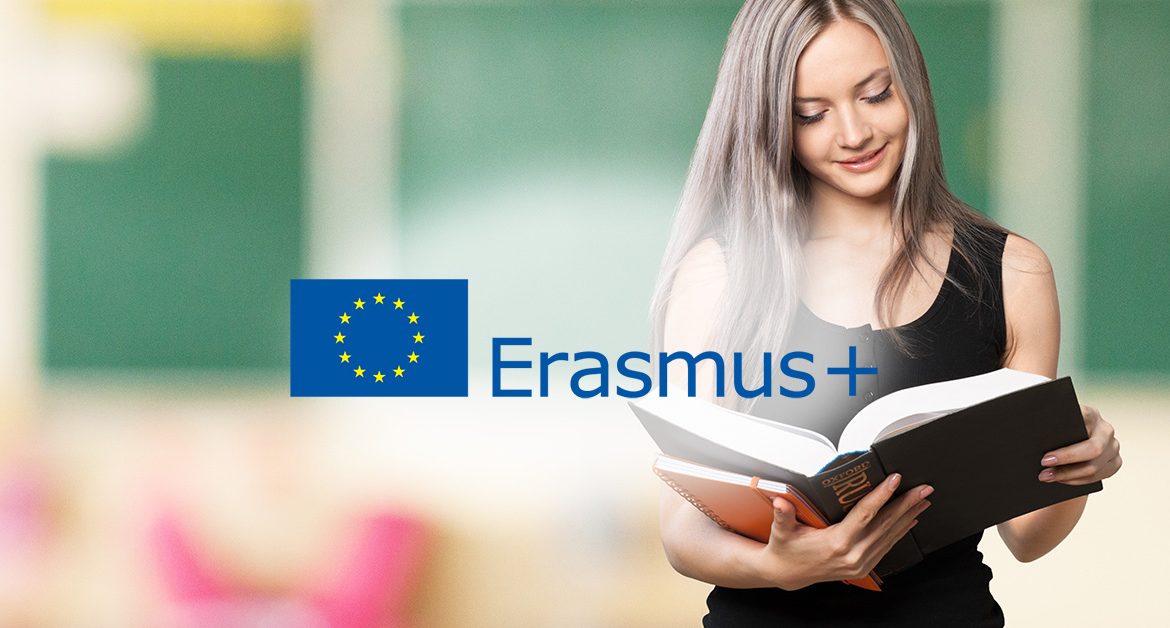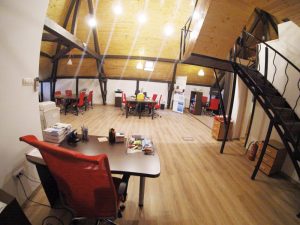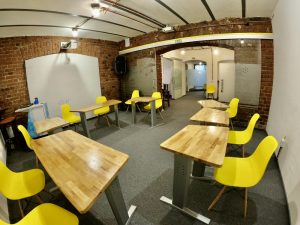Erasmus + is the new 16 billion euro program for education, training, youth and sport. It is built on the well-known and successful EU mark, the Erasmus student program. The ERASMUS + program supports activities in the fields of education, culture, youth and sport. All previous programs, such as Youth in Action, Erasmus and LLP, are included in the new Erasmus Plus program. This program has three main pillars: education and training, youth and sport. The main objective of the Erasmus Plus program is to improve the employability of young people by acquiring additional skills appreciated by employers, as well as improving language skills.
The youth part of the program will be divided into three Key Actions. The three key actions are: • Key Action 1: Learning Learning for Individuals; – Here comes the mobility and is addressed to young people, youth workers and hired personnel. • Key Action 2: Cooperation for Innovation and Exchange of Good Practices; – It addresses universities, public institutions, NGOs, companies with CSR departments and cultural organizations (theaters, libraries). • Key action 3: Support for policy reform; Sports action has as objectives: • Combating cross-border threats to the integrity of sport, such as doping, match fixing and violence, as well as all forms of intolerance and discrimination; • Promoting and supporting good governance in sport and the dual careers of athletes; • Promoting volunteer activities in sport, along with social inclusion, equal opportunities and awareness of the importance of physical activity to improve health, through increased participation and equal access to sport for all. Erasmus + beneficiaries may be any public or private organization established in a Program Participating Country or any partner country in the world. For example, such an organization may be:
Erasmus + beneficiaries may be any public or private organization established in a Program Participating Country or any partner country in the world. For example, such an organization may be: • higher education institution; • a school / institute / educational center (at any level, from pre-school to upper secondary education, including vocational training and adult education); • an organization, an association, a non-profit NGO; • small, medium or large public or private enterprise (including social enterprises); • a public body at local, regional or national level; • a social partner or other representative of the workforce, including chambers of commerce, industry, crafts / trade associations and trade unions; • a research institute; • a foundation; • an inter-enterprise training center; • enterprises providing joint training (collaborative training); • Cultural organization, a library, a museum; • a body providing guidance, counseling and professional information services; • a body for validating the knowledge, skills and competences acquired through non-formal and informal learning; • a European Youth NGO; • a group of young people involved in youth activities, but not necessarily in the context of a youth organization (eg an informal group of young people). For more details, you can access the Erasmus + Guide : erasmus-plus-programme-guide_en.pdf.


